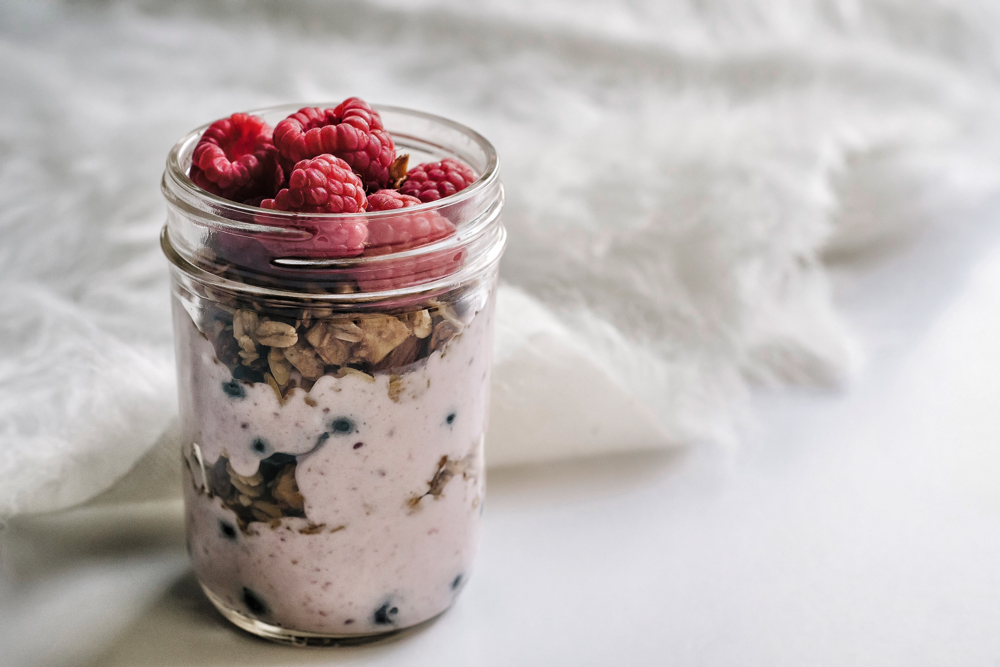Nutrition and wellbeing experts have long been praising the virtues of fermented foods such as live yoghurt, sauerkraut, kombucha and kefir. The live bacteria found in such foods have numerous benefits for human health, they say, including better digestion, better skin, a stronger immune system, a healthier heart, improved mental health … and more. But they still really don’t know why.
Until now, that is. A team of scientists from the University of Leipzig believes it’s started to unravel what happens on a molecular level when you ingest lactic acid bacteria – that’s the type that transforms milk into yoghurt and cabbage into sauerkraut – and specifically how that might affect the human immune system. Writing in the journal PLOS Genetics, the researchers claim to have found that a substance (metabolite) produced by lactic acid bacteria activates cells called hydroxycarboxylic acid (HCA) receptors. Now the thing about these HCA receptors is that most mammals only have two types: HCA1 and HCA2. But hominids (humans, chimpanzees, gorillas and orangutans) have three, adding HCA3 to their collection. And it’s HCA3 that’s of interest here, since it’s the receptor the lactic acid bacteria metabolite – namely D-phenyllactic acid (D-PLA) – activates. Since hydroxycarboxylic acids regulate our immune functions (among other things), this discovery could go some way to explaining why lactic acid bacteria may be beneficial for immunity.
“We are convinced that this receptor [HCA3] very likely mediates some beneficial and anti-inflammatory effects of lactic acid bacteria in humans,” says Claudia Stäubert, one of the study’s authors. “That is why we believe it could serve as a potential drug target to treat inflammatory diseases.”
Scientists still have a long way to go to explain fully why fermented foods may be good for us, but this is a good start.
If you want to try making your own sauerkraut, the best instructions I’ve come across are on this helpful and informative website by Canadian Holly Howe: Make Sauerkraut!
Photo by Alisha Hieb on Unsplash

